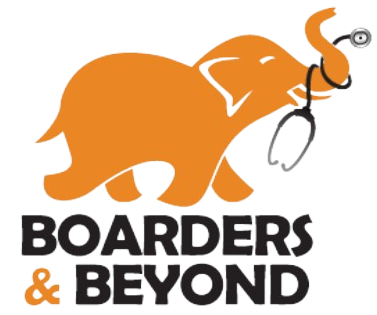ELECTIVES IN SRI LANKA
Experience healthcare in a tropical country with limited resources is quite an eye-opener compared to Europe. Seeing healthcare in a busy place where it’s free for everyone makes you realize the importance of managing things efficiently. Dealing with lots of patients, emergencies, and still keeping up the quality of care teaches you a lot. And interacting with people from different cultures helps you get better at understanding and working with others.
AVAILABLE ELECTIVES
At Boarders and Beyond, we specialize in providing diverse healthcare electives and placements tailored to the needs of both students and professionals. Our comprehensive offerings cover a wide range of specialties and destinations, ensuring that every participant finds the perfect placement to match their interests and career goals.

MEDICAL
ELECTIVES

PHYSIOTHERAPY
ELECTIVES

DENTISTRY
ELECTIVES

NURSING
ELECTIVES

RADIOGRAPHY
ELECTIVES

MIDWIFERY
ELECTIVES
MEDICAL ELECTIVES
When it comes to your medical elective placement, you can choose to rotate through general medicine, surgery, A&E, ICUs, anaesthesiology, OBG, and paediatrics…
And in terms of settings, you can spend time in teaching hospitals, regional hospitals, large government hospitals, tertiary referral centres, specialist hospitals, and small rural health posts on your elective abroad.
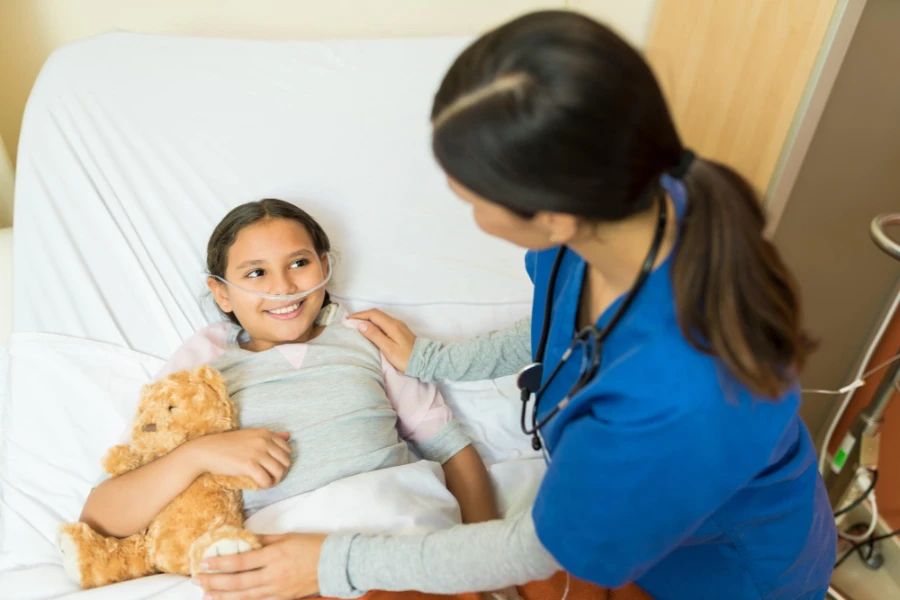
NURSING ELECTIVES
This kind of elective placement is about stepping out of your comfort zone to get new perspectives. While overseas, you’ll see different cultural attitudes affecting practice. You’ll see that being able to practise the 6Cs is a luxury of a wealthier healthcare system.
We cater to all nursing disciplines too, so you can get really specific with experience on your nursing elective placement.
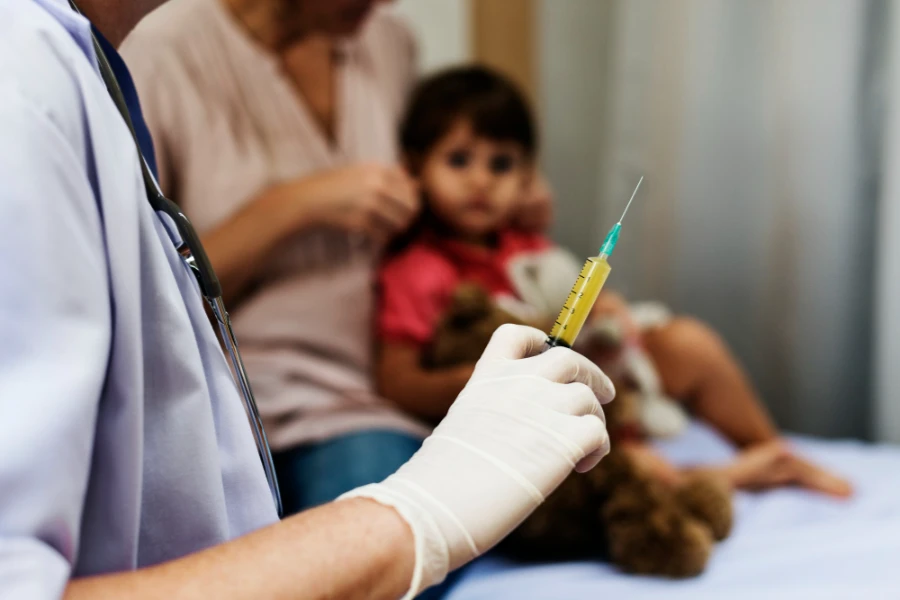
MIDWIFERY ELECTIVES
Do a midwifery elective placement abroad and you’ll come home a changed person. You’ll be amazed at how resilient local midwives are in the face of a lack of hospital funding.
On your placement, you’ll see just how limited prenatal care is, and why that results in more birthing complications than you’d see at home. A lack of funding impacts the quality of care too — many women give birth without pain-relief. You’ll even see some of the fascinating sociocultural beliefs surrounding childbirth.
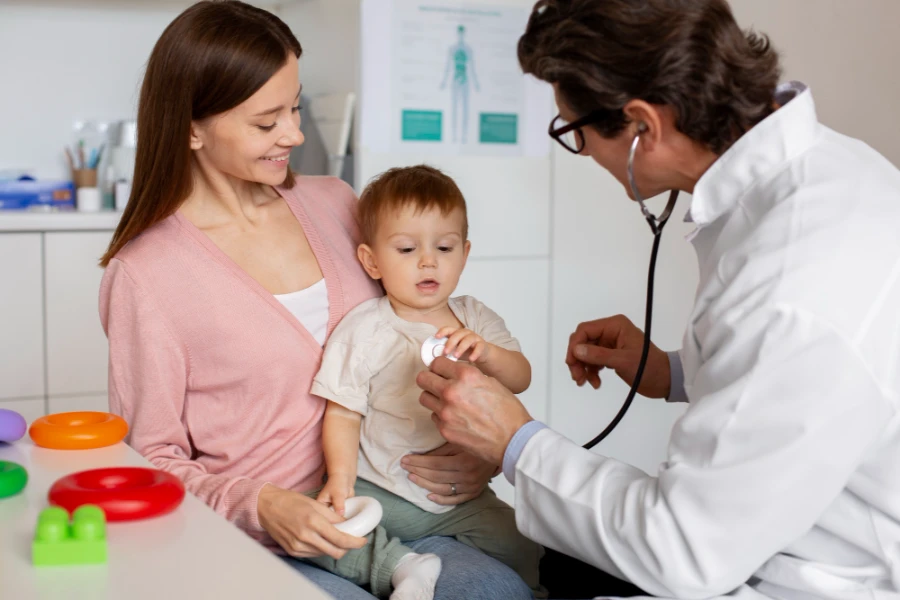
PHYSIOTHERAPY ELECTIVES
Imagine trying to deliver effective therapies with limited equipment — a daily challenge for physios in the developing world. You’ll see this firsthand on your physiotherapy placement.
A physiotherapy placement will show you just how big the differences are in the basics too. Practices like ECT and TENS are commonly used — and often a first port of call — in many of the destinations we operate in.
We cater to all nursing disciplines too, so you can get really specific with experience on your nursing elective placement.
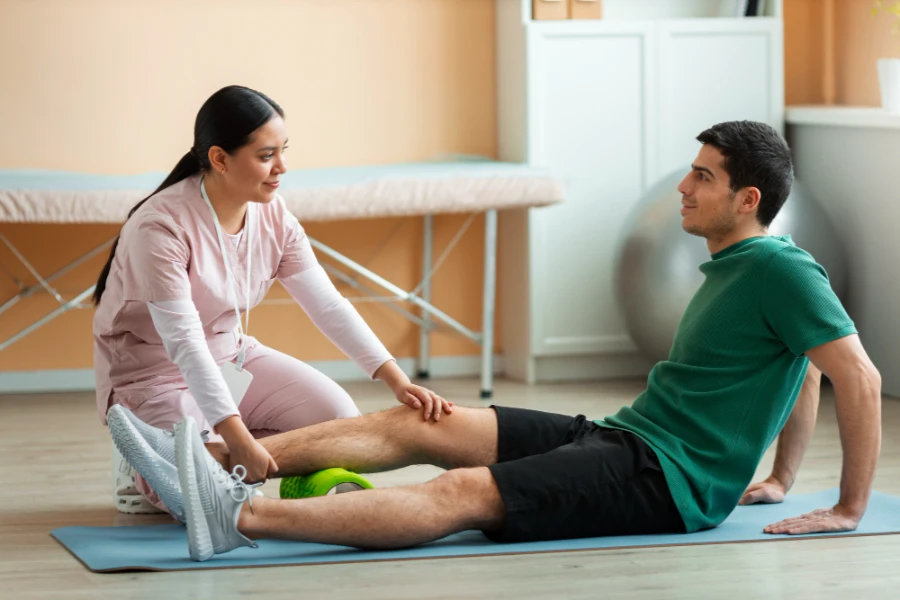
PARAMEDIC SCIENCE ELECTIVES
On a placement overseas you’ll see how severe resource shortages affect practices. You could even see patients undergoing procedures like manual intubation without analgesia.
On your paramedic science elective abroad, you’ll see that primary care doesn’t exist in many low-resource healthcare systems. That means some patients use A&E as a GP surgery, making emergency care that much harder.
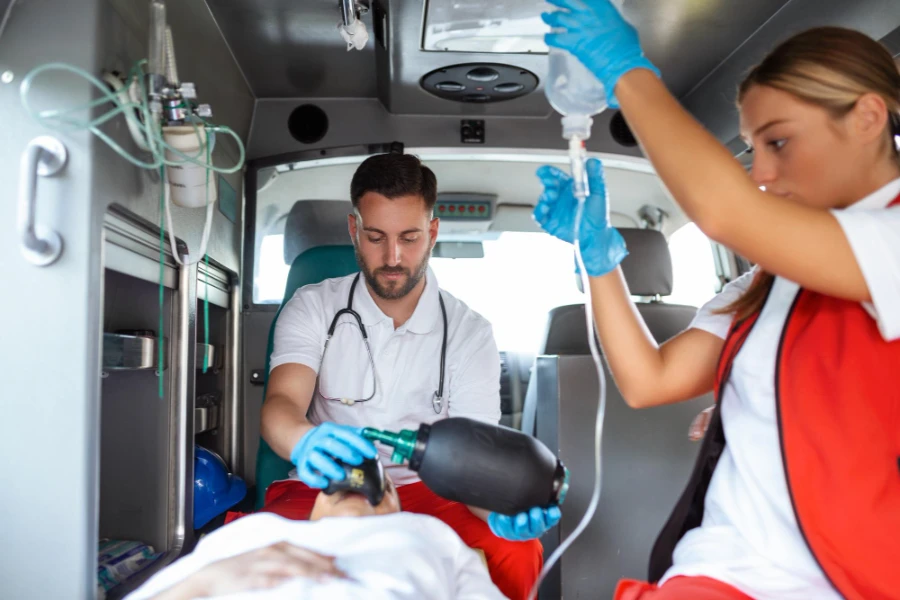
RADIOGRAPHY ELECTIVES
As soon as you start your radiography elective placement, you’ll see that equipment and facilities aren’t the same as they are in the UK. In some destinations X-rays are still developed on film in a darkroom.
On your elective abroad, you’ll see there’s often limited privacy too, with multiple patients undergoing scans simultaneously. And in some destinations, protocols around radiation protection are far more relaxed than you’re used to at home.
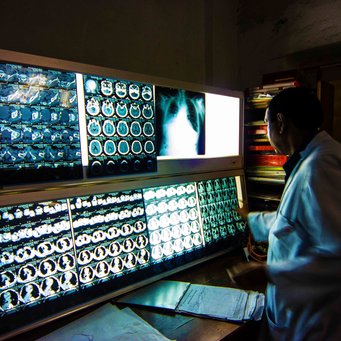
PHARMACY PLACEMENTS
On an overseas pharmacy placement, you’ll see very different drugs than those in the UK, including snake bite antivenoms. You can even travel to rural areas to see traditional herbal medicine.
In your placement hospital, you’ll see massive ‘over-prescription’ of antibiotics by UK standards and different practices like breaking capsules and crushing tablets.
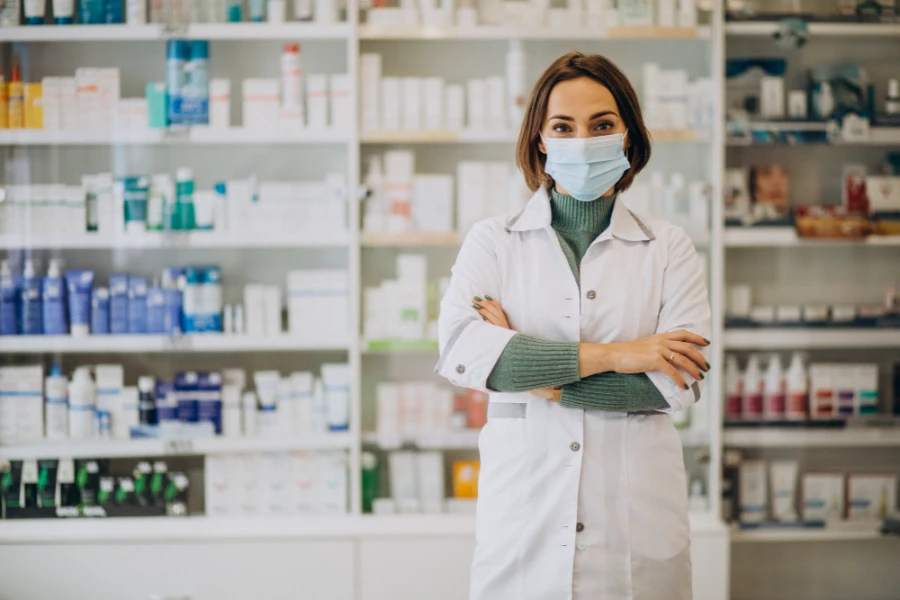
BIOMEDICAL SCIENCE ELECTIVES
On your overseas biomedical science placement, you could get a breadth of course-relevant experience in low-resource hospital laboratory settings. You can get experience in areas including haematology, immunology, microbiology, pathology, biochemistry, pharmacology, virology, immunology…
You could see how infectious and tropical diseases are diagnosed and treated, and gain an understanding of parasitology, all while liaising with related clinical departments to see how conditions are handled at multiple levels.
On your elective abroad, you’ll see there’s often limited privacy too, with multiple patients undergoing scans simultaneously. And in some destinations, protocols around radiation protection are far more relaxed than you’re used to at home.
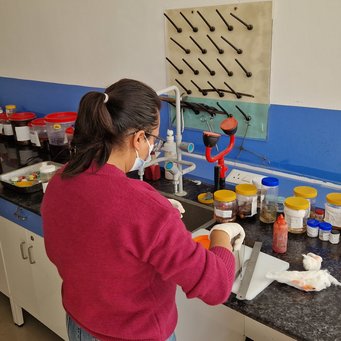
OCCUPATIONAL THERAPY ELECTIVES
Late presentations and advanced cases are common on placements in the developing world. On an occupational therapy placement like this, you might even see conditions — like leprosy — that are rare or don’t exist in the UK.
Don’t forget that occupational therapy is still an emerging practice in most low-resource healthcare systems. That means you’ll see unfamiliar techniques and some treatments being improvised on the spot.
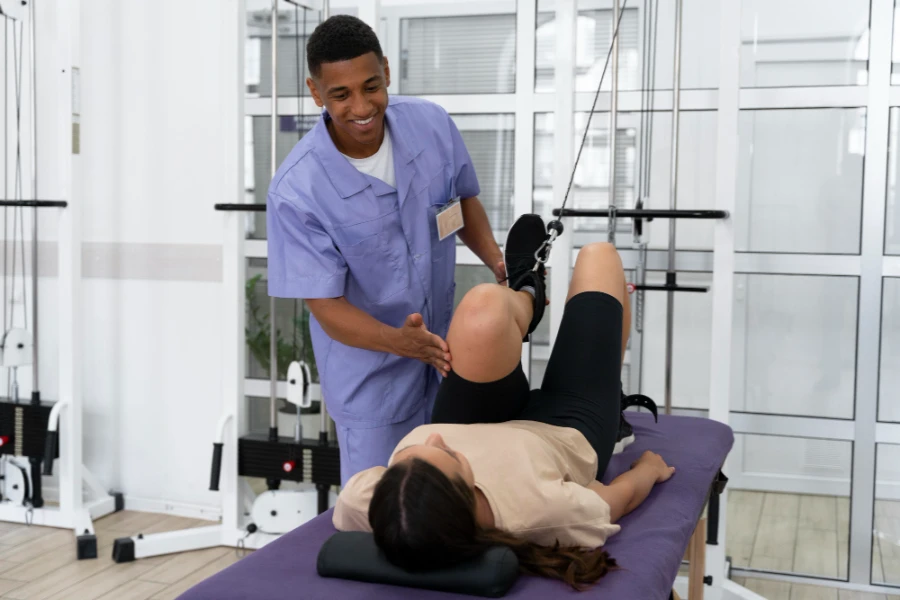
DENTISTRY ELECTIVES
On your dental elective placement, you’ll see resource shortages and outdated equipment as soon as you start your placement. You’ll also see patients with extremely advanced decay as many can’t afford treatment.
There are big differences in the basics too. In many of our destinations, there’s almost no preventative dentistry. Saving the tooth is a secondary concern as procedures are simply too expensive for most patients.
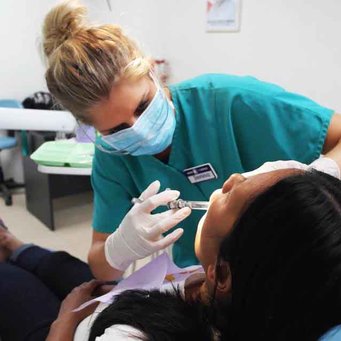
During your elective you will get the opportunity to work closely with your Supervisor. Being confident and asking for the opportunity will give you a better chance of getting more hands-on experience.
Main Hospital Rotations happens in the morning and your supervisor may request you to be present for the ward rounds. Clinic work is mainly in the afternoon due to the busy footfall in the morning.
The Minimum time suggested in one discipline is two weeks. You can let us know if you wish to split your placement between other departments
Most locals are capable of speaking basic english to explain there situation. Furthermore you are mixed with local medical students as well so you can learn patient history.
